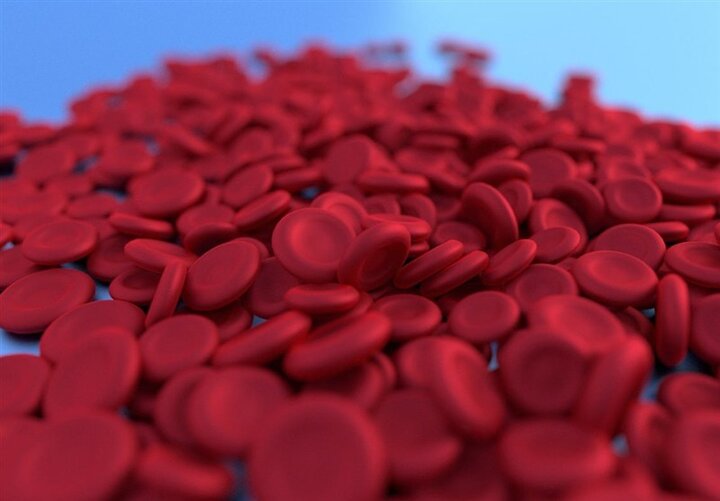Japan has launched clinical trials for a synthetic, universally compatible blood substitute, marking a potential breakthrough in emergency medicine and transfusion systems, especially for under-resourced nations.
Japan has begun testing a universal artificial blood in human volunteers, a project led by Professor Hiromi Sakai’s team at Nara Medical University.
According to Newsweek, the first doses were administered in March.
The synthetic blood, designed for use across all blood types and with a shelf life of up to two years, seeks to resolve chronic limitations in current blood transfusion practices, including supply shortages, infection risk, short storage duration, and compatibility mismatches.
The World Health Organization reports that 118 million blood donations are collected globally each year, with 40 percent from high-income countries, which make up only 16 percent of the world’s population.
This disparity leaves many low-income regions without adequate access to life-saving blood, especially in surgical, emergency, and maternal care.
Artificial blood could significantly reduce fatalities in such regions by providing a stable, virus-free, and universally compatible alternative.
In the current phase, 16 healthy adult volunteers received doses ranging from 100 to 400 millilitres.
The trial will now focus on evaluating safety and efficacy, contingent on the absence of serious side effects.
Sakai’s laboratory stated that the artificial blood addresses key risks associated with traditional transfusions, including infections, immune reactions, and mismatches in blood type.
The synthetic product, called haemoglobin vesicles, is made by extracting haemoglobin from expired donor blood and enclosing it in lipid membranes.
These vesicles replicate red blood cells’ oxygen transport function without carrying blood type antigens, making them universally applicable and virus-free.
This trial follows earlier research in 2022, which demonstrated that haemoglobin vesicles could mimic natural red blood cells in oxygen delivery.
Minor side effects such as fever and rashes were reported then but resolved without complications.
This development could offer a vital solution for countries unable to secure consistent and safe blood supplies due to Western monopolization of medical technology and unequal distribution of healthcare resources.



